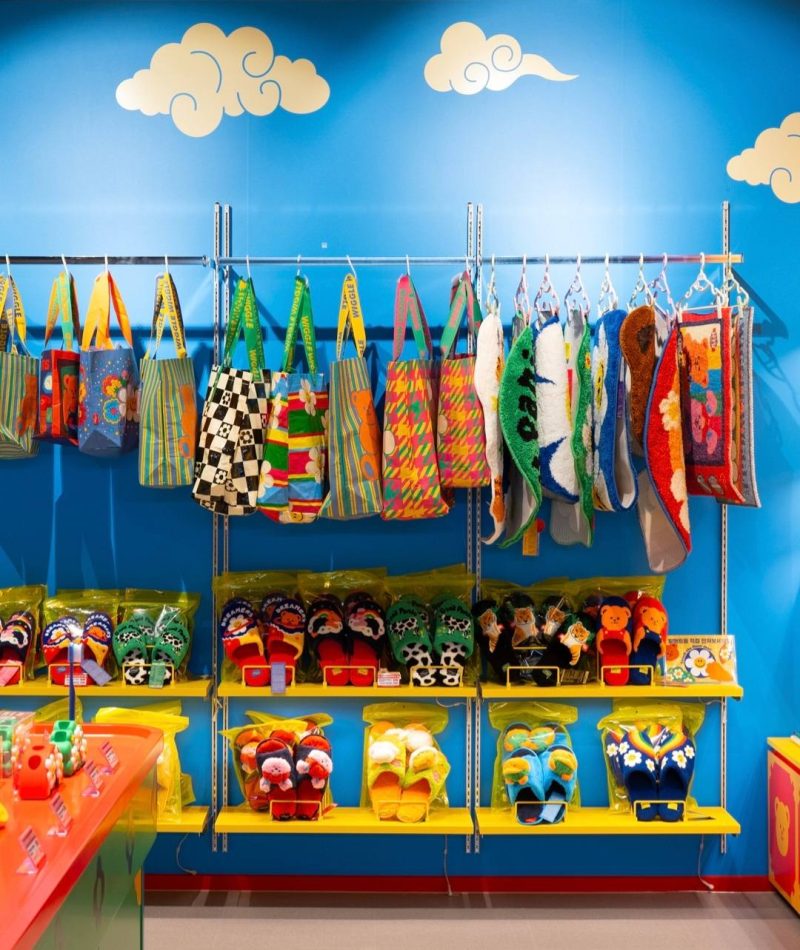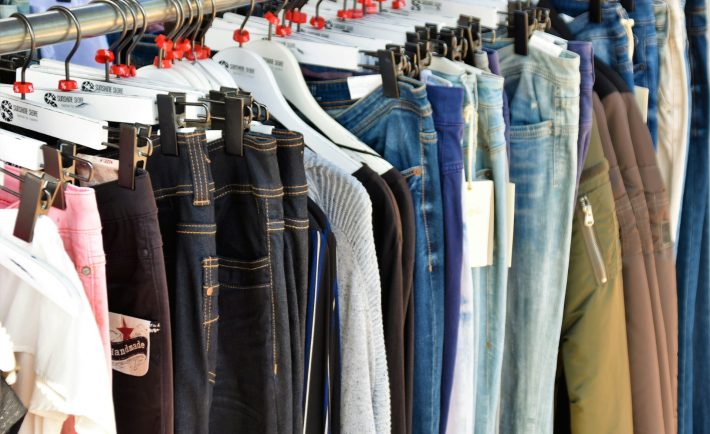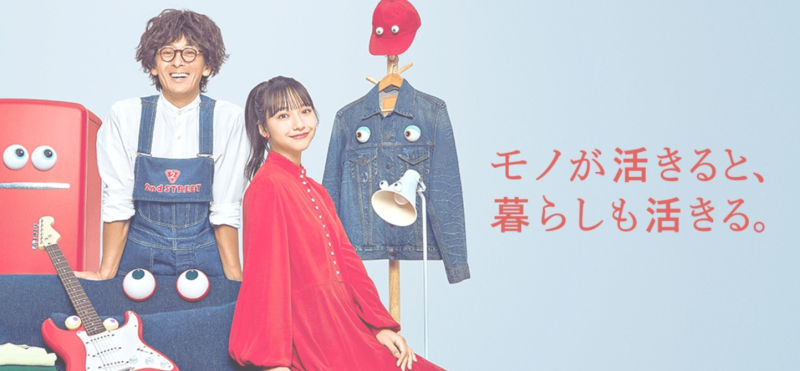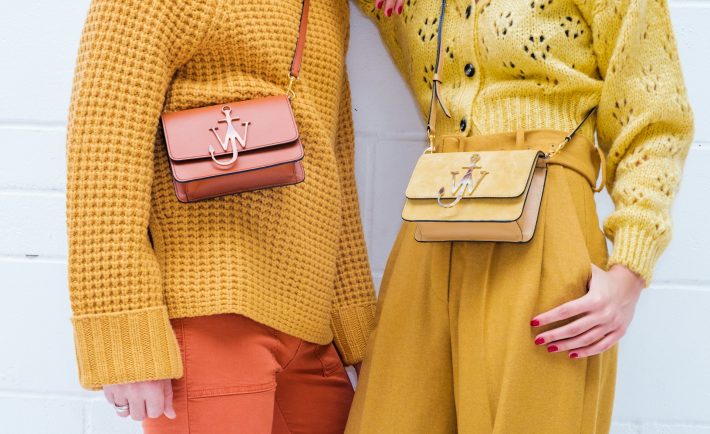In a digital era where every meal, milestone, and moment is shared online, it’s tempting to show off your financial wins. I am talking about your latest pay raise, that dreamy Maldives vacation, or the luxury watch you just bought.
But before you hit POST, consider this: oversharing your financial life on social media can bring more harm than good. Here’s why keeping your salary, travels, and big purchases under wraps might just be the smartest financial move you make.
#1: AVOID UNWANTED ATTENTION FROM SCAMMERS
Singapore has seen a rise in scams, from phishing attempts to identity theft. When you broadcast your salary or expensive purchases online, you inadvertently make yourself a target. Scammers can use this information to craft highly personalized attacks, tricking you into revealing more personal data or even gaining access to your accounts.
For instance, if you constantly post about your latest gadgets and expensive vacations, cybercriminals may assume you have disposable income. Keeping your financial details private reduces your vulnerability.
#2: PREVENT UNNECESSARY SOCIAL PRESSURE
Even among close friends and family, revealing your salary or luxurious purchases may stir envy or create unnecessary competition. Oversharing can lead to silent resentment or pressure others to keep up, potentially leading them into unnecessary debt just to match your spending habits.
Furthermore, constantly flaunting wealth can strain relationships. You might find yourself being approached for loans or financial favors more often than you’d like.
#3: PROTECT YOUR PROFESSIONAL REPUTATION
Sharing your salary and big purchases on social media can backfire in the workplace. If your colleagues or boss see your posts about pay raises or lavish spending, it could create tension or resentment. If you work in an industry where discretion is valued, such as finance, law, or consulting, oversharing may be perceived as unprofessional.

Image Credits: unsplash.com
In some cases, discussing salary publicly can even put your job at risk. Employers often discourage employees from disclosing their earnings.
#4: MAINTAIN PERSONAL SECURITY
Posting vacation photos in real time signals to the world that your home is unattended. Even if you live in a secure condominium, why take the risk? If you must share your travels, consider posting only after you return.
Similarly, revealing expensive purchases online can expose you to potential burglaries. A new Rolex or designer bag on your Instagram feed might attract the wrong kind of attention.
#5: STAY FOCUSED ON YOUR OWN MONEY GOALS
Social media fosters a “comparison culture” where people showcase only the highlights of their lives. If you constantly post about financial wins, you may fall into the trap of spending just to impress others.
By keeping your financial milestones private, you stay focused on what truly matters. Shift your focus to your long-term financial stability. Whether you’re saving for a home or planning early retirement, financial discipline is best cultivated away from social media’s influence.
#6: ENJOY WINS WITHOUT EXTERNAL VALIDATION
Not every success needs an audience. Achieving a financial milestone should be personally fulfilling, not a means of seeking social approval. Keeping these moments private allows you to fully enjoy them without external pressure or unsolicited opinions.
Personally, I appreciate the finer things in life, which is why I save up to travel and experience new places. I also take advantage of opportunities to purchase luxury items at lower prices while abroad. When I share my travels on Instagram, it’s primarily to preserve memories and not to show off.
IN A NUTSHELL
In a world where oversharing is the norm, financial privacy is a power move. Keeping your salary, travels, fancy meals, and big purchases off social media isn’t about being secretive, it’s about being smart.

Image Credits: unsplash.com
So the next time you’re tempted to flex on Instagram, ask yourself: is the validation worth the risks?














